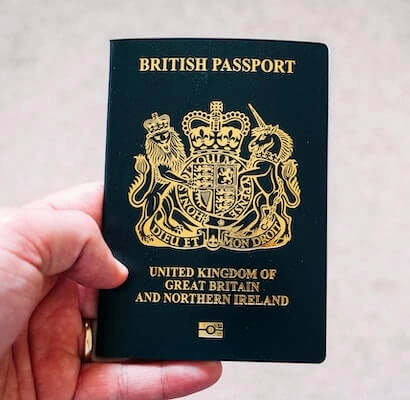

Blue Globals
Immigration Consultants Specialists: Exclusively Focused On The Practice Of Immigration Consultants
Experienced Immigration Consultants with a Reputation for Excellence
Globalization has greatly increased the expansion of businesses across
international borders, resulting in a rise in demand for immigration and emigration
around the world. At the same time, immigration policies have become more
stringent and complex in most jurisdictions, which means increased complexity
and long processing times. This creates additional stress and complications for
individuals who must travel within a specific time frame. As a result, the demand
for immigration consultants with an in-depth knowledge of these requirements is
higher than ever. The vast array of immigration options necessitates someone who
can find innovative strategies to facilitate business and personal immigration
needs in the most efficient way possible.
// The Services, We provide
Our Fields of Expertise
Business Immigration

Entrepreneurs looking to build or expand businesses in Canada need immigration lawyers who understand business.
Read MoreExpress Entry

Our immigration consultant guides the clients to permanent residence through the federal Express Entry program.
Read MoreSuper Visa

Super Visa allows parents and grandparents to stay with their children in Canada for 5 years without the need...
Read MoreVisitor Visa

If you’re considering a trip to Canada for tourism, visiting family and friends, or conducting business,.
Read MoreLMIA Applications

The LMIA process starts with the employer applying to Employment providing details about the job offer.
Read MoreCitizenship

In Canada, citizenship by birth is automatically conferred to individuals born on Canadian soil.
Read MorePNP Programs

To be eligible for the Provincial Nominee Program (PNP), you should possess the skills, education, and work experience..
Read MoreSpousal Sponsorship

Canadian spousal sponsorship serves as the method through which Canadian citizens and permanent residents
Read MoreWork Permit

Work permits in Canada are available to the spouses of individuals working or studying in the country...
Read MoreStudy Permit

Canada is home to some of the world’s best universities, offering diverse programs and cutting-edge...
Read More